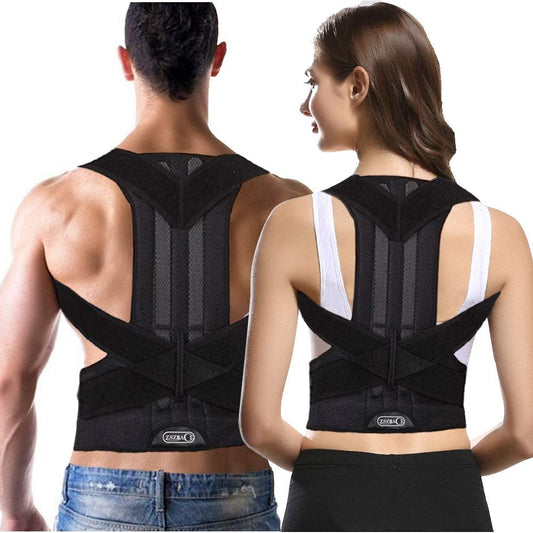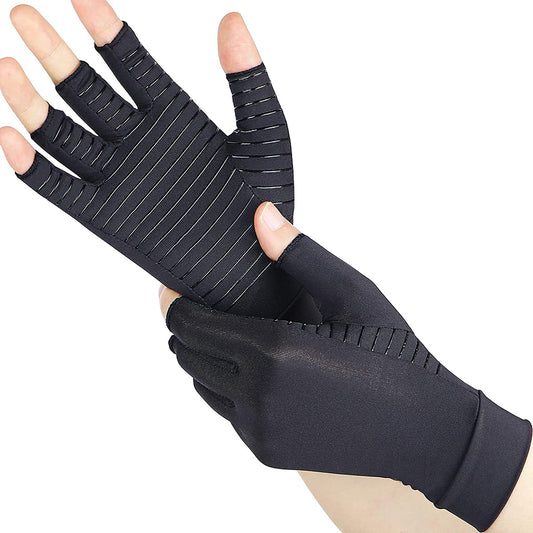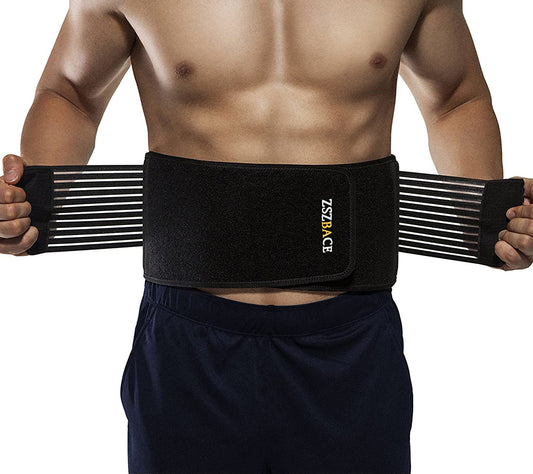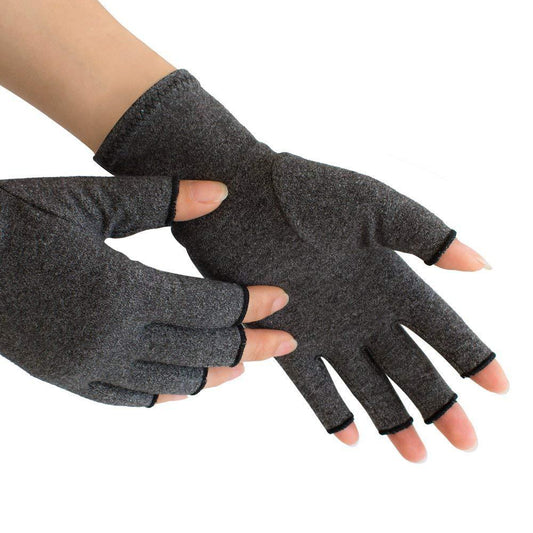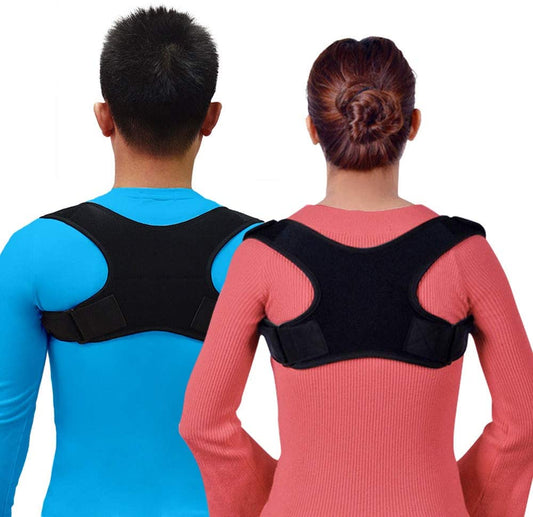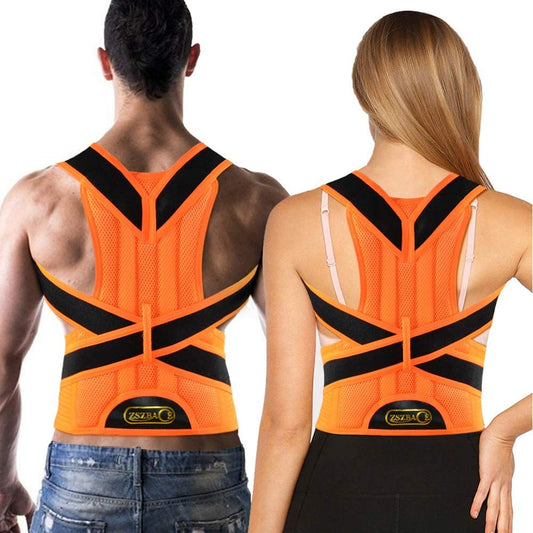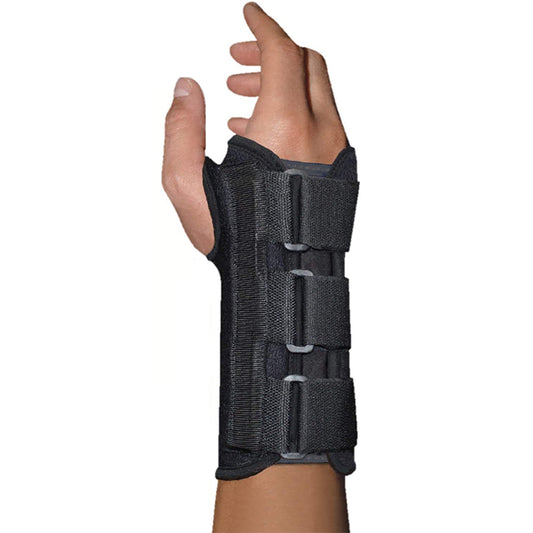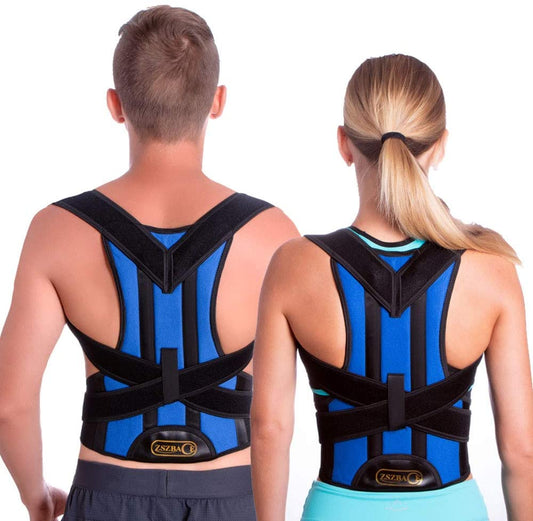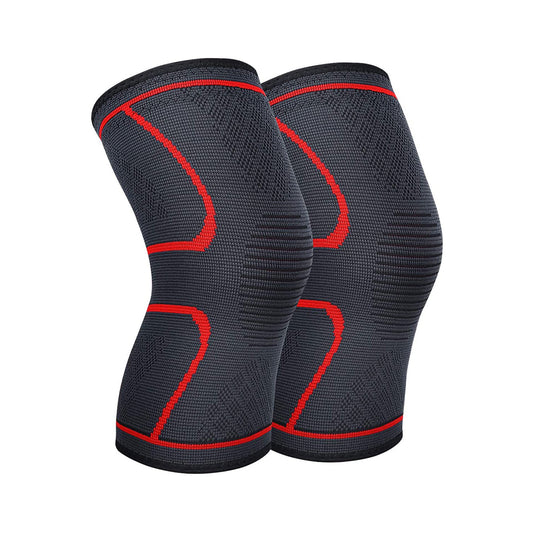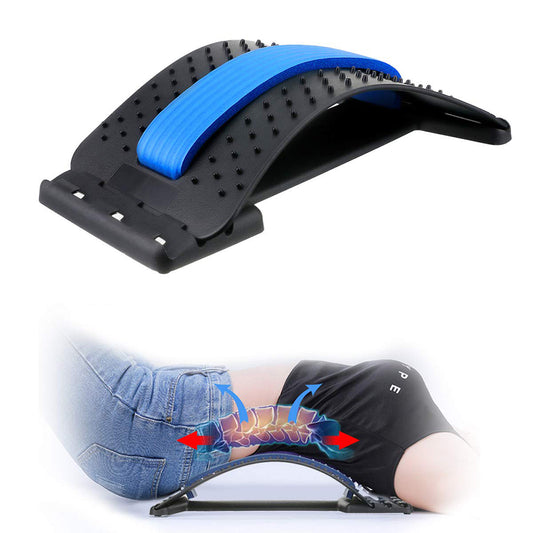
The pros and cons of knee pads
Share
The benefits of knee pads
● Knee pads can support the stability of the joints, limit the movement of the joints, and prevent injuries. The knee joint is not affected by external forces in general activities, so it will only be carried out in a small range, but activities such as mountain climbing will put greater pressure on the knee, resulting in insufficient movement and separation of the patella of the knee from its original position. This leads to the appearance of disease, however, with breathing, the patella can move within a certain range, thereby avoiding injury.
● Comfortable, the knee joint of the elderly degenerates, and the pressure is several times of their own body weight. Wearing knee pads can reduce the pressure on the knee joint.
● Health care, knee braces for the elderly have obvious curative effects on joint diseases such as knee rheumatism, arthritis, joint stiffness and sprains, and can play an auxiliary role.
● Wearing knee pads can have a good thermal insulation effect and prevent the knee joint from catching a cold. Knees are easy to catch cold, and if you catch cold, it is easy to cause some symptoms of knee joints. Therefore, wearing knee pads in a cool environment can have a good warm effect.
Disadvantages of knee pads
● The knee pads used by patients with osteoarthritis are too tight and thick, which is not conducive to the blood circulation around the knee joint, making it difficult for the knee joint to move.
● Ordinary knee pads generally have the effect of keeping warm. After wearing, the patella in front of the knee will form a certain pressure, which will affect the effect of sports.
● Wearing it for a long time can easily lead to a decrease in our muscle strength, so that there are no strong muscles to protect our knees. If you wear it for a long time, it will affect the effect of muscle exercise, and will also cause poor local blood circulation and insufficient blood supply. So wear knee pads when you feel knee discomfort. Remove the knee pads when the situation is good.
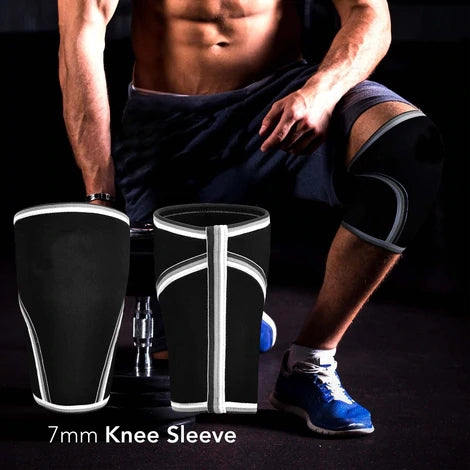
The benefits and harms of wearing knee pads The benefits and harms of wearing knee pads mainly include the following:
The benefits of wearing knee pads: It is mainly to protect the knee joint. For patients with knee joint injury or serious disease, the use of knee pads can enhance the stability of the joint and avoid the aggravation of joint pain symptoms.
The hazards of wearing knee pads: Long-term wearing of knee pads will significantly weaken the muscle strength around the knee joint, and the muscles will atrophy, which is not conducive to the stability of the knee joint. Therefore, knee pads can only be worn for a short period of time, not for a long time. Generally, it should be within four weeks. If it exceeds four weeks, the knee pads should be removed, otherwise the stability of the knee joint will decrease. Therefore, wearing knee pads has both benefits and harms, and it should be balanced.
How knee braces work Knee braces improve safety in a number of ways:
They reduce the impact the knees feel when falling, especially when falling directly on the knees. In doing so, they protect the kneecap (patella) from injuries such as fractures;
They increase the worker's confidence in their safety and allow him or her to focus on work without distractions;
They create more comfortable working conditions, especially for workers who need to kneel for long periods of time. This will include carpeting, gardening, roofing, tiling and more. Knee pads not only improve the comfort of workers who kneel on their knees for extended periods of time, they also reduce wear and tear on the bones of the knee. Prolonged kneeling can cause the cartilage, which acts as a cushion for the end of the kneecap, to degenerate. This degeneration of cartilage increases the risk of knee osteoarthritis, the most common form of arthritis affecting the knee joint; knee braces not only help reduce the wear on the kneecap and patella after prolonged kneeling. They will also reduce the risk that the knee may be pierced by a sharp object. Choosing the right knee brace Most knee brace sizes are based on the circumference of the knee.
Be sure to measure carefully before choosing the size you need. After putting the pads on, check for a snug fit. This means that the knee brace should be as tight as possible without being painful or uncomfortable. Make sure there is no loss of sensation in or near the knee, as this could be a sign that the brace is interfering with your circulation.
Related Article: How to Use Knee Pads Properly When Exercising

